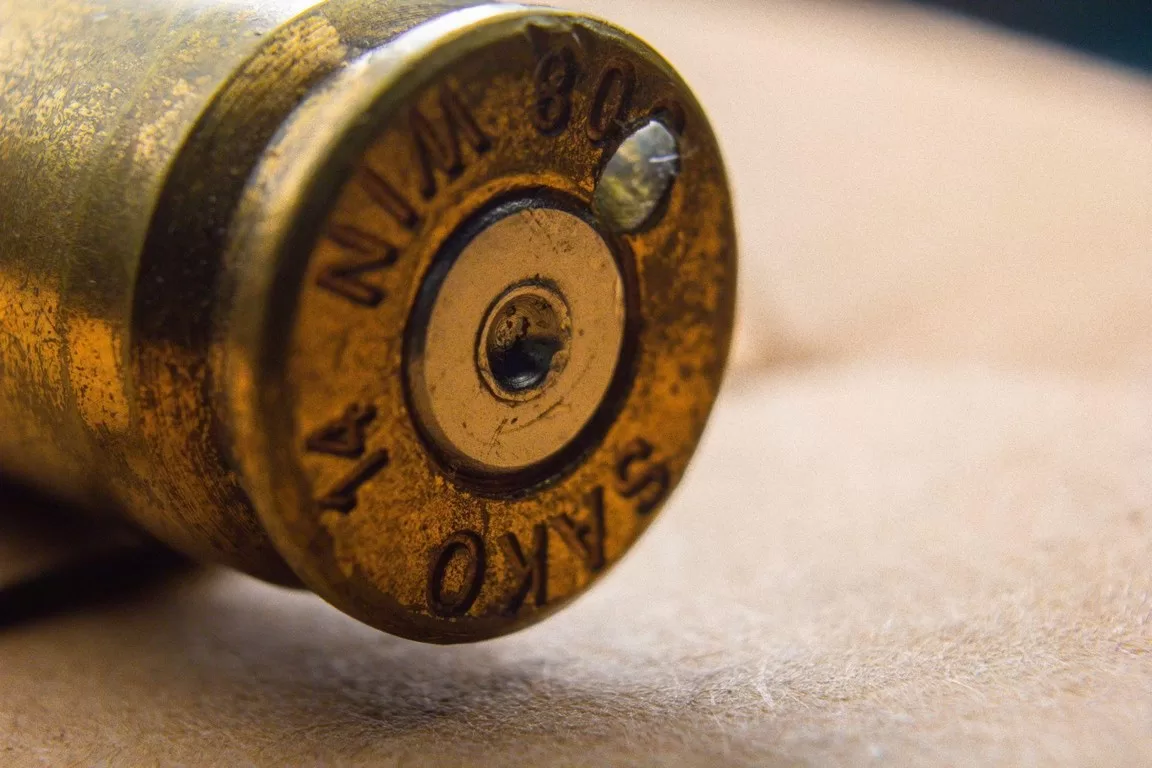In today’s world, it is not uncommon for people to consider home defense as an important factor in their safety and security.

Having a firearm or other form of self-defense can be a powerful deterrent against intruders and potential threats. However, when it comes to ammunition storage, there are both advantages and disadvantages that must be considered before making this decision.
We will discuss the pros and cons of keeping ammo in your house so that you can make an informed decision about what is best for your own needs.
Advantages of Keeping Ammo in The House
Home defense is a crucial aspect of safety and security for many individuals, and keeping ammunition in the house can offer a range of benefits. One significant advantage of having ammunition on hand is the sense of security it can provide. In the unlikely event of a break-in or other threat, having access to a weapon and ammo can provide peace of mind and a greater sense of control over the situation.
Another advantage of keeping ammo in the house is the ability to practice and improve one’s shooting skills. Regular practice is key to maintaining proficiency with a firearm and can help prepare individuals for potential home defense scenarios.
Having ammo readily available allows for more frequent range visits and training sessions, leading to a greater level of skill and confidence with one’s firearm. Having ammunition stored in the house can be beneficial in emergency situations.
Natural disasters or civil unrest may temporarily disrupt the flow of goods and services, and having a supply of ammo on hand can help ensure one’s ability to protect themselves and their family until assistance arrives. It is also worth noting that storing ammunition in the house can be more convenient than relying solely on outside sources.
Purchasing ammo in bulk can save money over time and eliminate the need for frequent trips to the store or range. Having ammo on hand can allow for more spontaneous target shooting sessions or impromptu hunting opportunities.
Disadvantages of Keeping Ammo in The House
When considering the decision to keep ammunition in your house, there are several important factors to take into account. While there are clear advantages to having ammo readily available for home defense, there are also potential drawbacks and safety concerns that should be considered.
One of the primary disadvantages of storing ammunition in the house is the risk of theft or misuse. If firearms and ammo are not properly secured, they can be accessed by unauthorized individuals, including children or intruders.
This can lead to tragic accidents or intentional harm, making proper storage and security measures essential for anyone considering keeping ammunition in their home. Another potential disadvantage of home ammo storage is the risk of fire or other disasters. Ammunition can become dangerous if it is exposed to high heat or flames, making proper storage methods important for avoiding hazardous situations.
In addition, some types of ammunition can be harmful to the environment if not disposed of properly, further emphasizing the need for safe and responsible storage practices. It is also important to consider the legal implications of storing ammunition in the house.
Depending on your location and applicable laws, there may be restrictions on the types or quantities of ammo that can be kept in a residential setting. Failure to comply with these regulations can result in fines, legal action, or other penalties. Despite these concerns, it is worth noting that proper storage and security measures can mitigate many of the potential risks associated with home ammo storage.
Locking up firearms and keeping ammunition in a secure location can greatly reduce the risk of theft, misuse, or accidents. Proper disposal methods and compliance with applicable laws can help ensure that your ammo storage is both safe and legal.
Safety Tips for Storing Ammo at Home
When it comes to home defense, having ammunition readily available can be crucial for protecting oneself and loved ones in the event of an intruder. But there are several factors to consider before storing ammo in the house.
While the convenience of having ammunition readily available may be tempting, storing it in an unsecured location can lead to serious danger. Unauthorized individuals, such as children or intruders, can easily access firearms and ammunition, which can result in unintentional accidents or intentional harm.
Therefore, safeguarding firearms and ammunition is critical to maintaining a secure home environment. Storing ammunition in the house can pose risks in the event of a fire or natural disaster. Easy access to ammunition can lead to unexpected and dangerous explosions should the ammo come into contact with high heat or flames.
Certain types of ammunition can have persistent environmental impacts if not disposed of appropriately, making proper storage and disposal methods even more important. It is also worth noting that there may be legal restrictions on the amounts and types of ammunition that can be stored in a residential setting.
Failure to comply with local laws and regulations can result in legal implications and penalties. So, how can one safely store ammunition at home? For starters, investing in a secure locking safe can minimize the chance of unauthorized access. When not in use, firearms should be unloaded and stored separately from ammunition, with ammunition stored in a locked container.
This is especially important for homes with children or individuals who may not be familiar with firearms. It is also essential to take steps to protect ammunition from potential disasters. Ammunition should be stored in a cool, dry location, away from sources of heat, flame, or moisture.
Moisture can cause metal casings to corrode, making the ammunition less stable and less safe to handle. Furthermore, proper disposal methods should be followed to prevent harm to the environment.
Final Word
In conclusion, storing ammunition in the house can be beneficial for home defense if done safely and responsibly. It is important to take proper precautions such as investing in a secure locking safe and keeping firearms unloaded when not in use.
It is essential to consider local laws and regulations when deciding how much ammo should be kept on hand. By taking these steps, homeowners can enjoy the convenience of having ammunition readily available while minimizing risks associated with improper storage or disposal practices.
By taking these steps, homeowners can enjoy the convenience of having ammunition readily available while minimizing risks associated with improper storage or disposal practices.
With careful consideration of safety measures, responsible homeowners can store their ammunition securely without compromising their own security or that of their family members.









